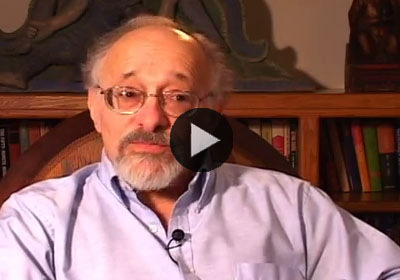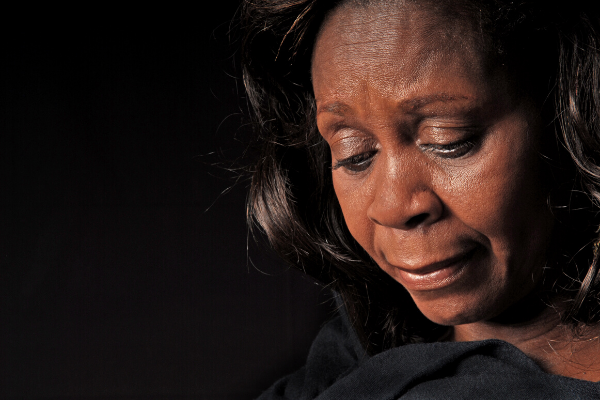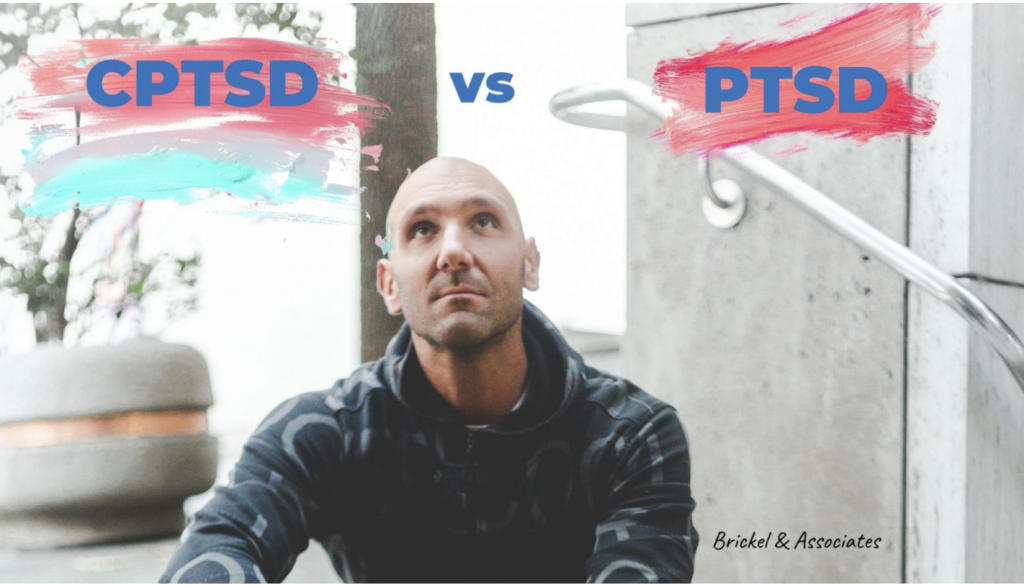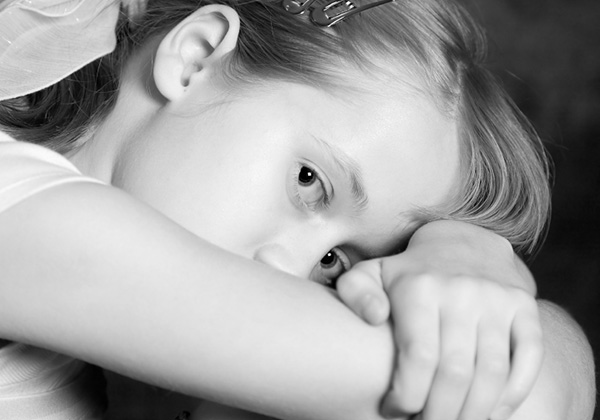Substance Abuse and the Teenage Mind
…who began at age 21 or older. (NCADD FAQ) Substance Use Impacts Teen Brain Development and Thinking The adolescent brain and body are still growing and developing. The influence of drugs and alcohol on brain chemistry can impact normal development in ways that research is still uncovering. Adolescents often feel more powerfully alive when doing something that engages them. Substance use enhances this new level of sensation. As emotions return to n…
Learn More








